Breathing issues come in many forms, each of which has its own symptoms. If you’re having trouble breathing and are unsure if you have an illness or just need to change your habits, consult with your doctor in Hyderabad right away to prevent further damage or even death. This article will walk you through the process of finding and meeting with the correct doctor for breathing issues.
Suppose you’re having trouble catching your breath; it is crucial to see a doctor as soon as possible. It could be your asthma acting up or even something like heart failure that requires the care of an experienced heart specialist who understands what you’re you’re going through and can help you recover faster. Here are some tips on finding the right doctor for your breathing problems from so many to choose from!
If you’re having trouble breathing or you’re worried that you may have breathing problems, there are some specific questions that your doctor will ask you to determine the best course of action to take. Whether your lungs have been weakened by colds or allergies, or your airways have narrowed due to asthma, chronic bronchitis, emphysema, or pneumonia, getting the proper diagnosis and treatment can be crucial in improving your health and quality of life. To see which doctor to consult for breathing problems, keep reading this article.
Can’t Catch Your Breath? Here’s the Doctor You Need to See for Breathing Issues
General physicians (pediatricians in the case of kids): These physicians are the first doctor to consult. They diagnose and treat the most common problems related to breathing difficulties. If they feel specialist consultation is needed, they may refer you to a pulmonologist or cardiologist.
Pulmonologist or chest physician: These physicians can diagnose and treat lung cancer, chronic obstructive pulmonary disease (COPD), pneumonia, asthma, emphysema, bronchitis, cystic fibrosis, etc.
Cardiologist or heart specialist: These doctors see coronary artery disease, heart failure, arrhythmias, and cardiomyopathies
What To Do About Shortness of Breath
If you can not catch your breath, go and consult GP near you. Your GP may ask you to undergo some basic tests like blood tests, ECG, and chest x-ray. Based on the reports, he decided on the best management plan.
For example, anemia or low hemoglobin can cause symptoms like shortness of breath. Then, simple iron or B-complex tablets can cure your problem.
The Best Kinds of Doctors to Consult
Cardiologists and pulmonologists are two of the most appropriate specialists you can see if you have breathing problems. Apart from anemia, lung diseases and heart disease can present with respiratory issues. Consult a pulmonologist for lung-related conditions and seek help from a cardiologist for heart issues.
When to See a Specialist
If your symptoms are persistent and severe despite following your GP’s suggestions, it may be time to see a specialist. Then, Your GP may suggest you consult two types of doctors: a pulmonologist (lung disease) and a cardiologist (for heart disease).
Why Treating Your Shortness of Breath is Important
Shortness of breath (also known as dyspnea) is a medical term that refers to a sensation of breathing difficulty. It can be caused by one or more conditions, including heart and lung disorders. Shortness of Breath leads to poor quality of life. It can often be a sign of an underlying medical severe problem.
Diagnosing the Cause of your Breathing Issues
Different breathing problems require different treatments, so it’s crucial to pinpoint what’s causing your trouble breathing.
The following are potential causes of breathlessness
Upper airway problems like laryngeal obstruction, Neck mass compressing airway
Chest/abdominal wall issues like diaphragmatic paralysis, Massive obesity, and Ascites.
Lung diseases like Asthma, Bronchiectasis, Bronchiolitis, COPD, Interstitial lung disease, Pleural effusion
Cardiac causes like abnormal heart rhythm, fluid around the heart, Blockages in the coronary arteries, and Heart failure (systolic or diastolic dysfunction)
Metabolic problems like low hemoglobin, kidney disease, Thyroid disease
Miscellaneous reasons like Anxiety
Don’t worry. You need not have to worry about all those diseases. The following are the five most common causes :
-
-
-
- Asthma
- COPD/ chronic obstructive pulmonary disease
- Interstitial lung disease/ILD
- Myocardial dysfunction/heart failure
- Obesity/deconditioning
-
-
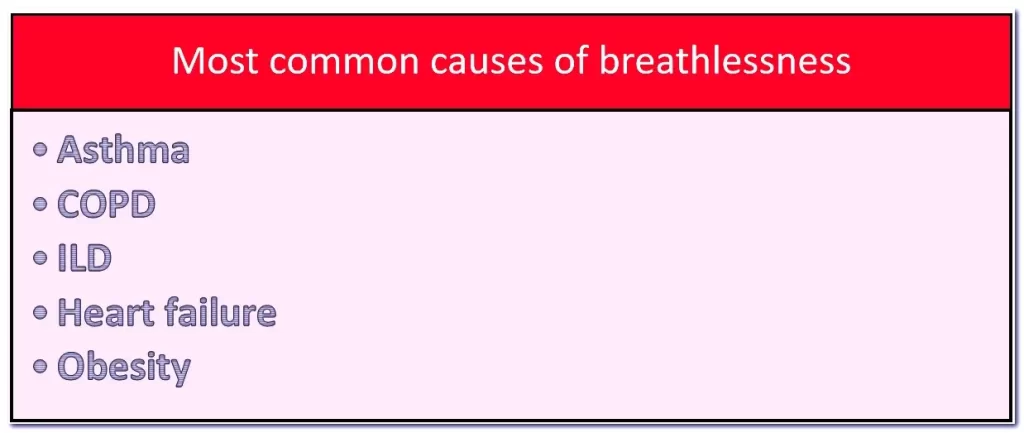
Lung disease is generally broken down into obstructive lung disease and restrictive lung disease. Obstructive diseases block airflow through your lungs (Asthma and COPD), while restrictive disorders reduce lung capacity by causing tissues within your lungs to swell (ILD).
Associated symptoms
Cough, sputum production, stuffy nose, chest pain, and swollen limbs are all signs that something needs to be looked at further. One side leg edema, for example, could indicate a clot in the leg veins (DVT). Joint aches might detect ILD. Seasonal Breathless means asthma. Shortness of breath with swelling of the feet may indicate heart disease.
If you have any of the above symptoms and shortness of breath, you must tell your doctor for a proper diagnosis and treatment plan.
Clues to diagnosis:
Heart issue: Chest pain, swelling of the feet, and palpitations can be present. Cosult a cardiologist in the case.
Lung diseases: allergies, seasonal variation, excess cough, sputum
Anemia: easy fatiguability, history of blood loss in sputum. A pulmonologist is the best doctor for you
Rheumatoid causes: joint pains, rash. A rheumatologist is a concerned doctor.
Patients who have never smoked are unlikely to develop COPD.
Occupational history can identify diseases like asbestosis, chronic beryllium disease, silicosis, or another pneumoconiosis.
If your age is between 20 and 40 and you have an allergy and intermittent dyspnea, we do spirometry or lung function test. An ECG, a serum NT-proBNP, and 2d echo tests are needed if you are a 70-year-old patient with known coronary artery disease and swollen legs.
Tests for breathing issues
Basic tests:
- Hemoglobin and Complete blood count (to exclude anemia)
- Blood glucose, serum creatinine, and serum electrolytes.
- Thyroid profile, including TSH
- Pulse oximetry while walking at an average pace over 200 meters and/or climbing two to three flights of stairs.
- Chest x-ray.
- ECG
- NT-pro BNP blood test
Chest x-ray – pleural effusion (collection of fluid around the lungs), enlargement of the heart, interstitial lung disease, or heart failure signs
Advanced test:
- Chest CT (computed tomography)
- Echocardiography or 2d echo test
- Spirometry or pulmonary function tests (PFTs)
Spirometry can identify the presence and severity of asthma and COPD
Pleural effusion causes benign asbestos effusion, cancer, rheumatoid arthritis, lung infection, and heart failure. We may perform thoracentesis ( removing fluid from around the lungs) and send the sample for analysis.
We advise diffusing capacity for carbon monoxide (DLCO) and a chest CT scan if interstitial lung disease is suspected.
We request for NT-pro BNP blood test, chest x-ray, and 2d echo test in case heart failure is suspected.
Unknown cause for breathing issues
Despite undergoing a thorough examination and testing, Few patients have no identifiable cause. Then, We recommend a conditioning program and urge the patient to return in 6 to 12 months. The re-evaluation is necessary since it is uncommon for a treatable cause to be ignored at first but become evident after further testing.
Who is the best doctor for breathing issues in Hyderabad?
DM heart care clinic, Hyderabad, has a general physician cum cardiologist with vast experience in treating breathing issues. Facilities like ECG, 2d echo test, pulmonary function test, and all blood tests needed for diagnosing breathing problems are available data at an affordable rate.

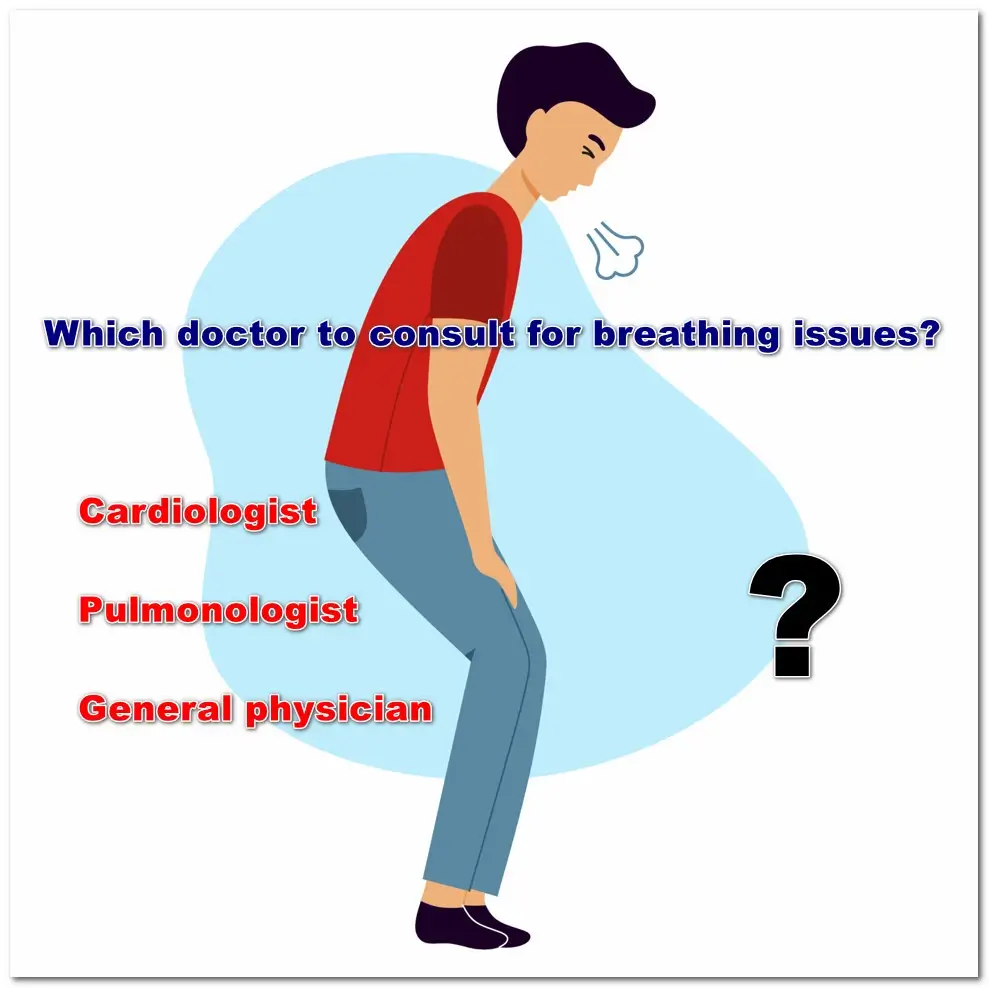

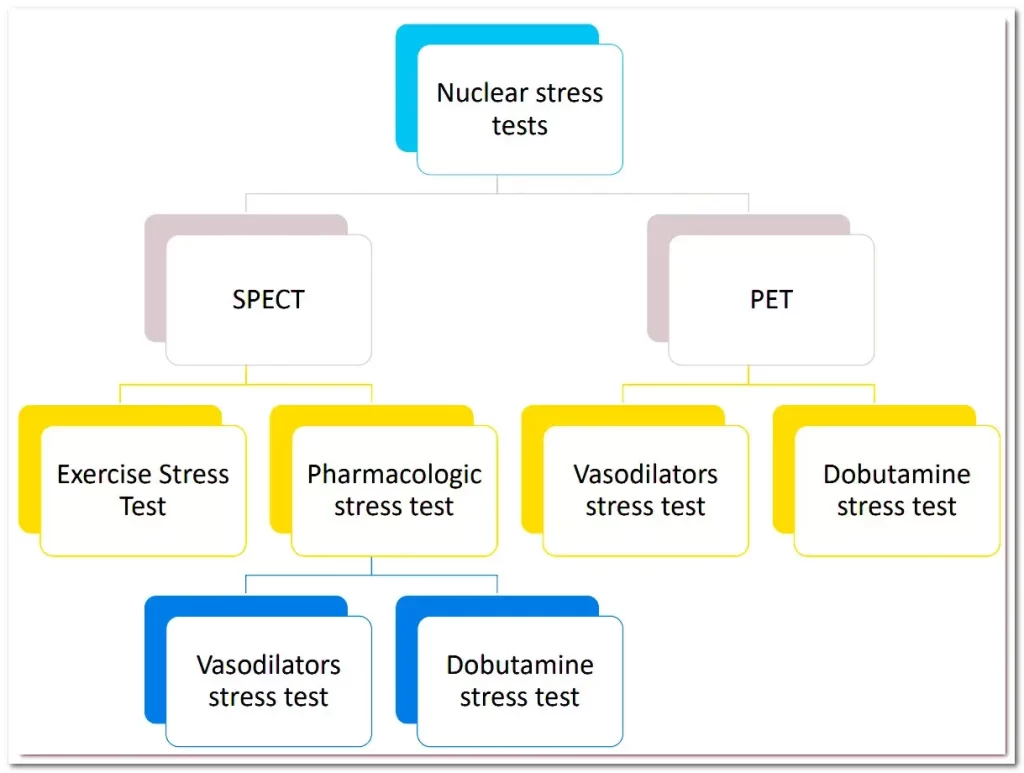
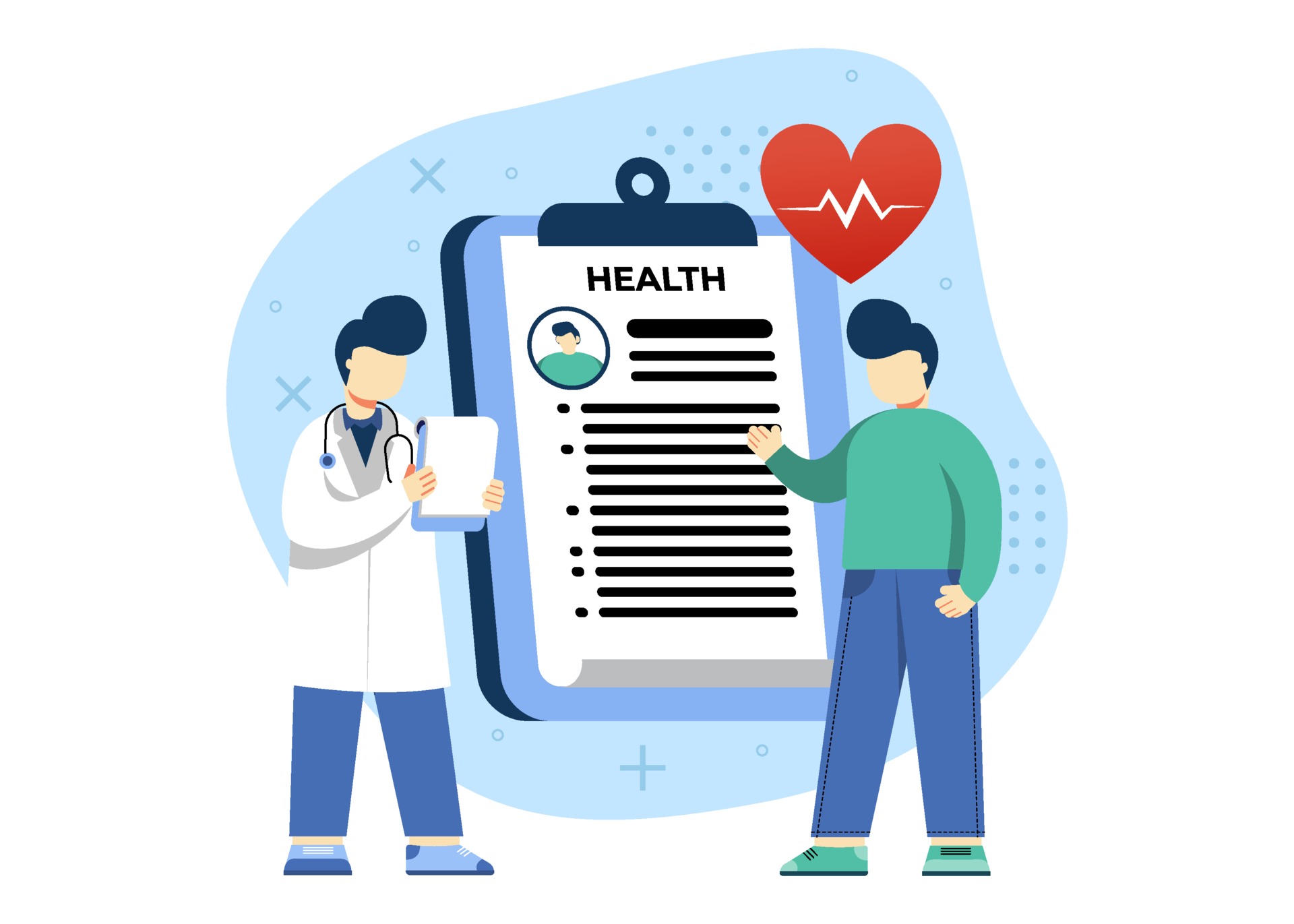
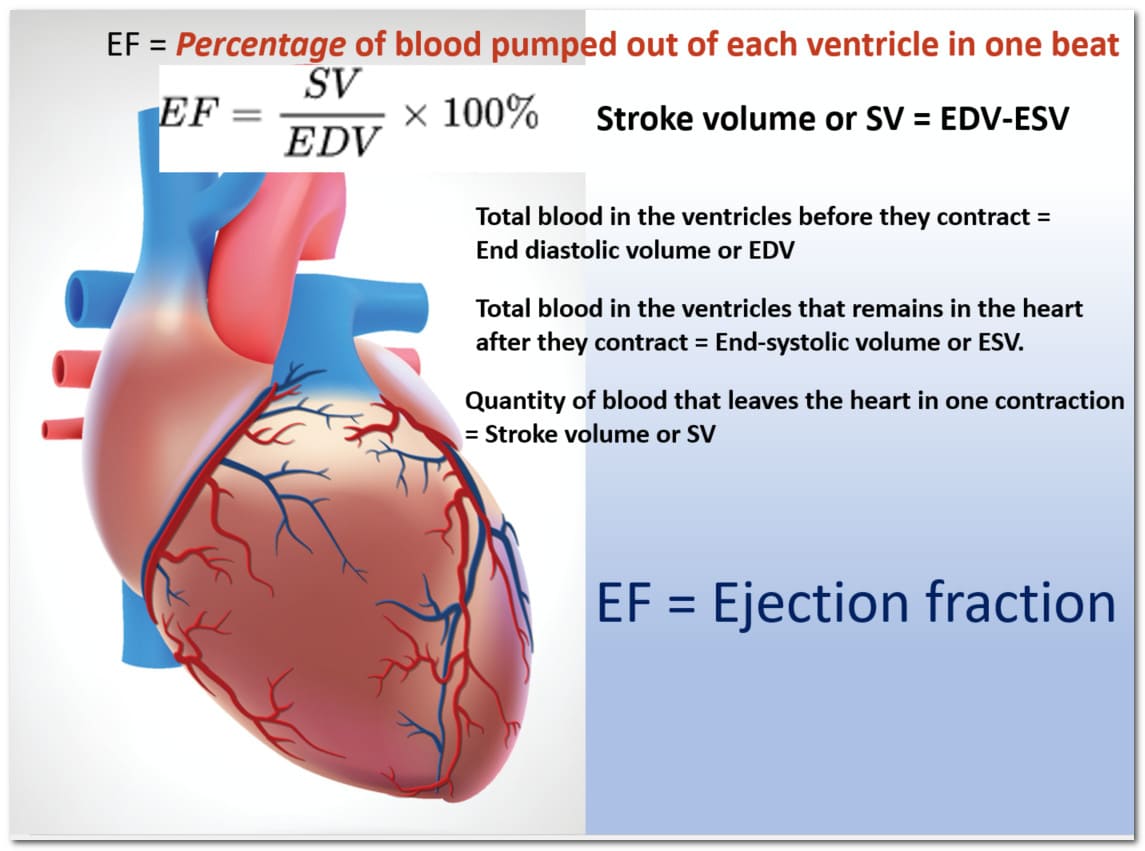



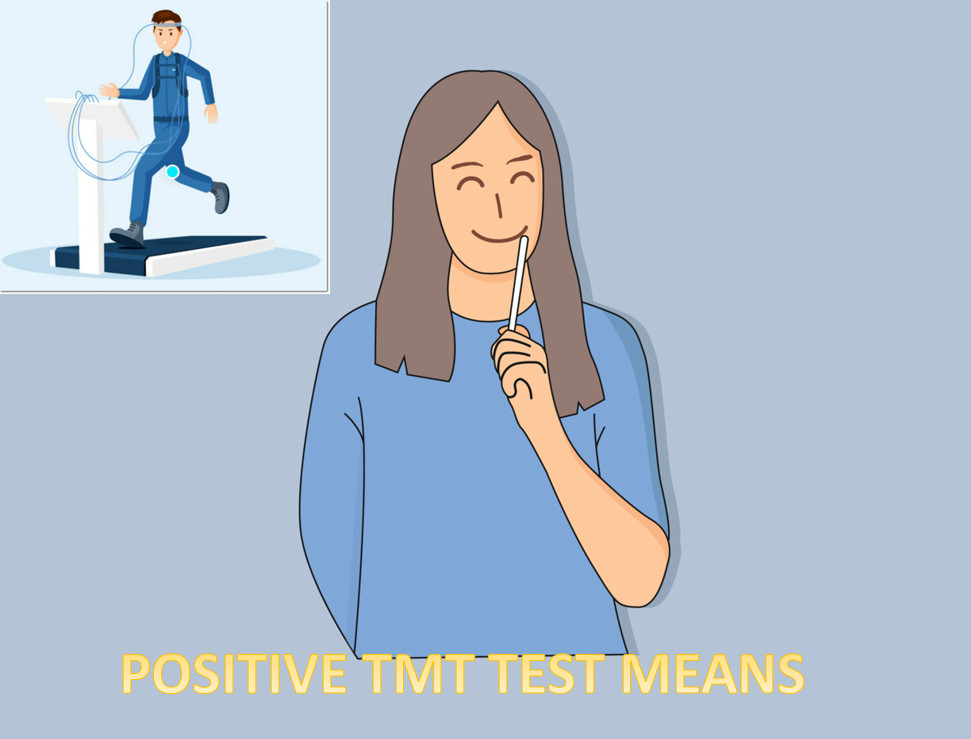


Pingback: Cardiologist in Attapur Hyderabad - DM HEART CARE CLINIC